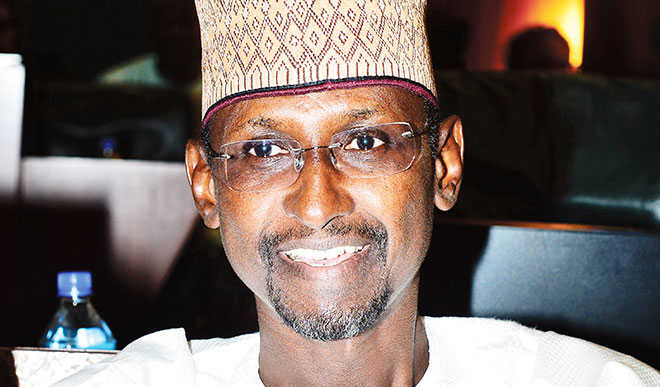Abuja residents complain over menace of rising scavenging
Some residents of the Federal Capital Territory (FCT) have complained about the unwholesome activities of scavengers in the territory and urged the FCT Administration (FCTA) to take steps check the menace. A cross section of the residents who spoke with the News Agency of Nigeria (NAN) yesterday said the activities of the scavengers constituted health […]


Some residents of the Federal Capital Territory (FCT) have complained about the unwholesome activities of scavengers in the territory and urged the FCT Administration (FCTA) to take steps check the menace.
A cross section of the residents who spoke with the News Agency of Nigeria (NAN) yesterday said the activities of the scavengers constituted health and security risks.
Mr Joshua Adeoye, a public servant, said there was need for definite laws that would help to reduce the indiscriminate activities of the scavengers.
He said the environmental impact of scavenging in the federal capital territory was inimical to the health of people.
“Although these scavengers help in waste disposal, they need to be checked because we have heard that some of them dump the waste into drains and open fields,’’ he said.
Adeoye said the FCTA should create a formal recycling site to enable the scavengers to dispose their waste effectively.
Mrs Eunice Aboki, a nurse, said the health status of scavengers raised a great concern to public health because they were potential pathways for transmission of communicable diseases.
“Waste scavengers are constantly in touch with the wider public during the course of their daily jobs.
“The health status of scavengers could be a public health concern, as they could speed up transmission of communicable diseases,’’ she said.
On her part, Mrs Ijeoma Osita said the practice had enormous security challenges, adding that most of the scavengers stole valuables in the neigbourhoods.
“We want government to put them in check. They should not be allowed to walk freely to search people’s waste bins; it’s dangerous,’’ she said.
She also urged the administration to create jobs for the unemployed youths, adding that the rise in the practice was largely hinged on unemployment.
Mr Alphonsus Chidozie, agreed with Osita and spotlighted the security risk of the practice, adding that scavengers had the propensity to steal from unsuspecting residents.
“They are a big security risk and therefore, the authorities must step up activities to curtail their spread,’’ he said.
However, Mr Joseph Adekunle said it was a fundamental right of a citizen to be free to search for livelihood.
Adekunle urged the Abuja Environmental Protection Agency to organise them into registered organisations that would be traceable and accountable. (NAN)
